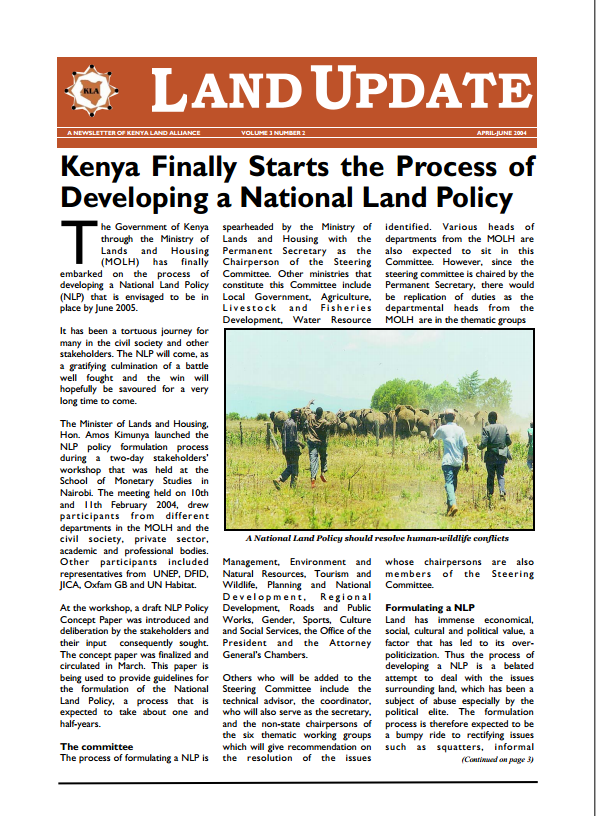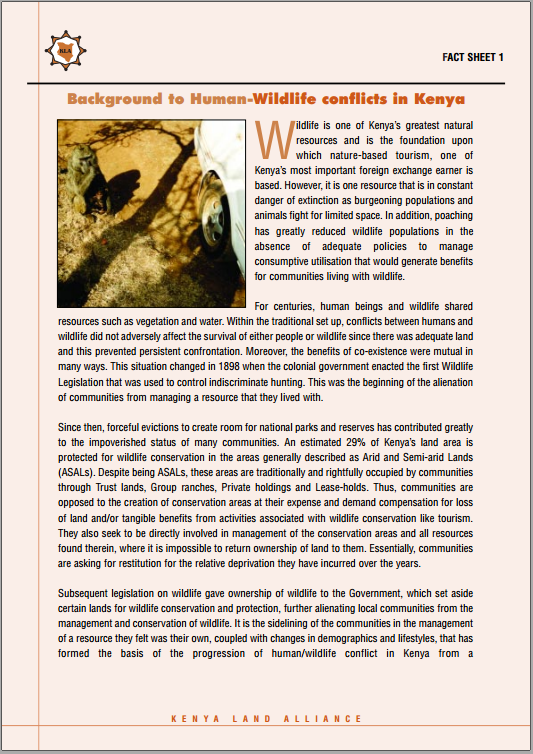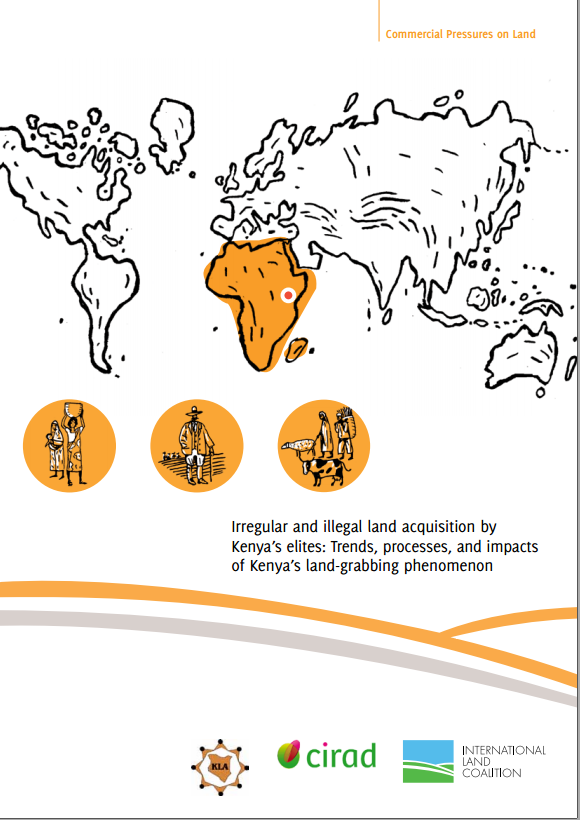A Survey into the Management and use of Wetlands in Kenya
The Role Of Wetlands In Poverty Reduction- Extreme poverty among rural poor people living around wetlands remains a daily reality for more than 56% of Kenya’s population, who subsist on less than one dollar a day. Seventy percent of extremely poor households, a majority of who live in rural areas where hunger and poverty prevails, are now being caught up in a new web of lack of access to wetlands as safety-net during hard times due to appropriation of wetlands by private developers.












